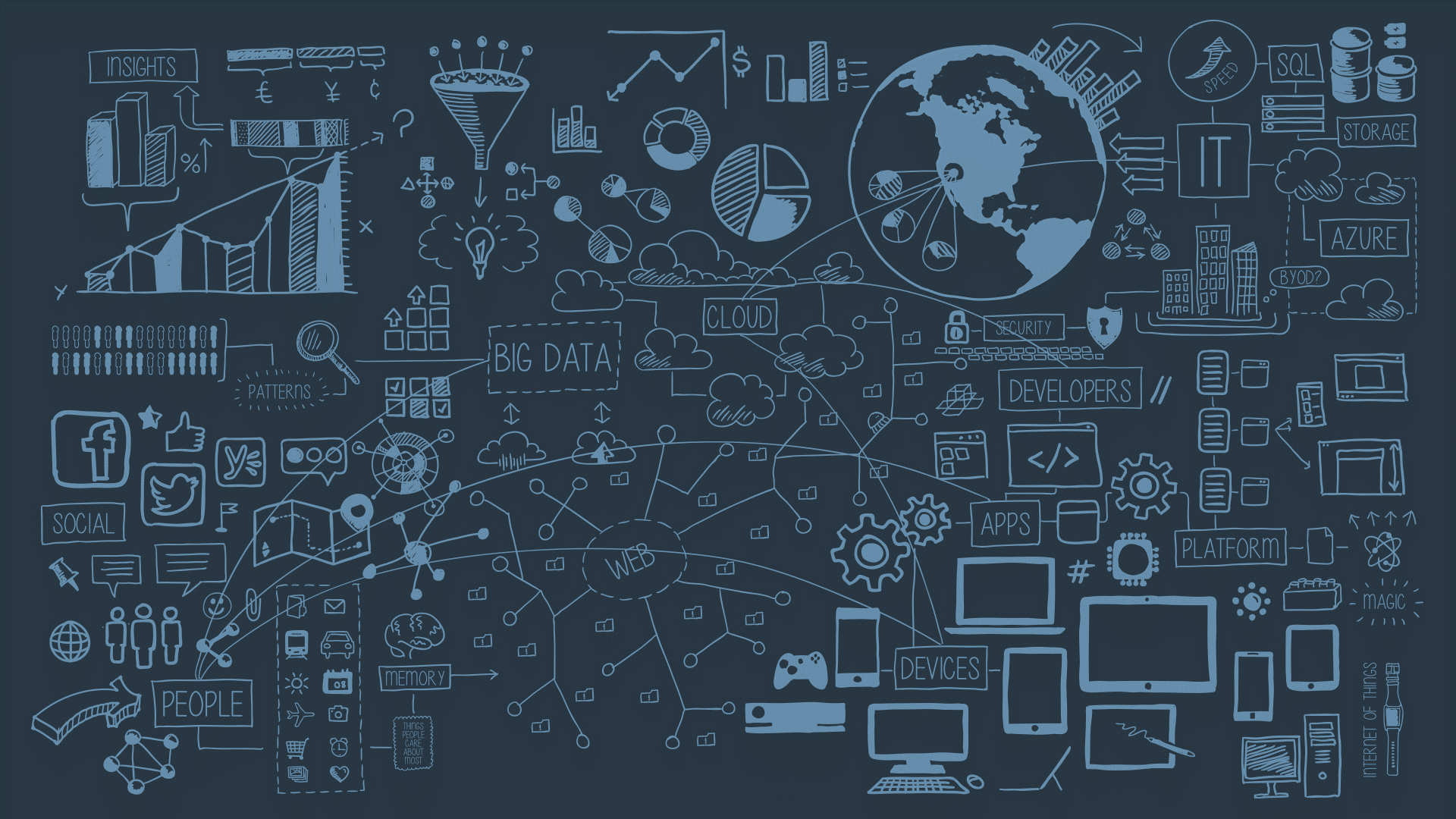The Economist recently published an article based on data presented by world famous music streaming platform Spotify. The data was gathered using algorithms to show that globally, listeners are at their most melancholic during the month of February.
It might be surprising to learn this but based on the listening habits of customers from different geographies, it as determined that February is a depressing month for many people.

This information was gleamed before the Coronavirus outbreak so it’s not a matter of a depressing reaction to disease but is actually based on listening habits over the years. And it is interesting data.
For businesses – this piece of information may shine a light on depleted retail profits, lower take up of buying opportunity – or it may in fact hold the key to why more people seek out the comfort of retail therapy in February, despite lower bank balances post-Christmas and New Year.
Consult your revenues and different data based stories and you may see a lot of seemingly anecdotal information correlate to real business outcomes. The answers you seek may be right there in the music - or in another customer habit you may with to look into.
Regardless which of these interesting insights you might want to scrutinise, without a team of people connecting the dots, those dots remain just tiny fragments of data – unstructured, irrelevant, disposable. But as the dots are slowly joined, they form a picture – a part of a set of knowledge that tells a story that’s impactful, useful and meaningful.

The Economist article I'm referencing wasn’t particularly in-depth, but it was very interesting and shows just what kind of stories we can tell when we have information and people dedicated to learning and sharing.
Knowledge Management also gives you the opportunity to tell stories that are important to your organisation. The more information is gathered, analysed and shared about a particular customer and their habits – the better you and your employers can understand them, and others like them and improve your level of service.
Each customer story is important, each employee story is just as important and having a omnichannel solution to gather this information and become a single touch point for telling stories based on real data, is an important part of moving forward in your capacity as a support and service provider.
As we get more creative in our stories and what we analyse, we can learn even more, and become more insightful in our roles. Empathy and data may not seem even remotely aligned but data is allowing us to learn more out people and their feelings and understand their experiences on a deeper level - allowing us to feel and show empathy for our customers.
 Image Source: Pixabay
Image Source: Pixabay
Become an advocate for information, for accuracy and for knowledge and watch your customer experiences become more deeply affected and your business grow from strength to strength.
Seemingly small insights can be the ripple before the wave, so pay attention.
The future is now. Be a storyteller.
You can check out The Economist article here: Sad Songs Say So Much
And if you want more of this sort of thing, we've got some pretty good content too: